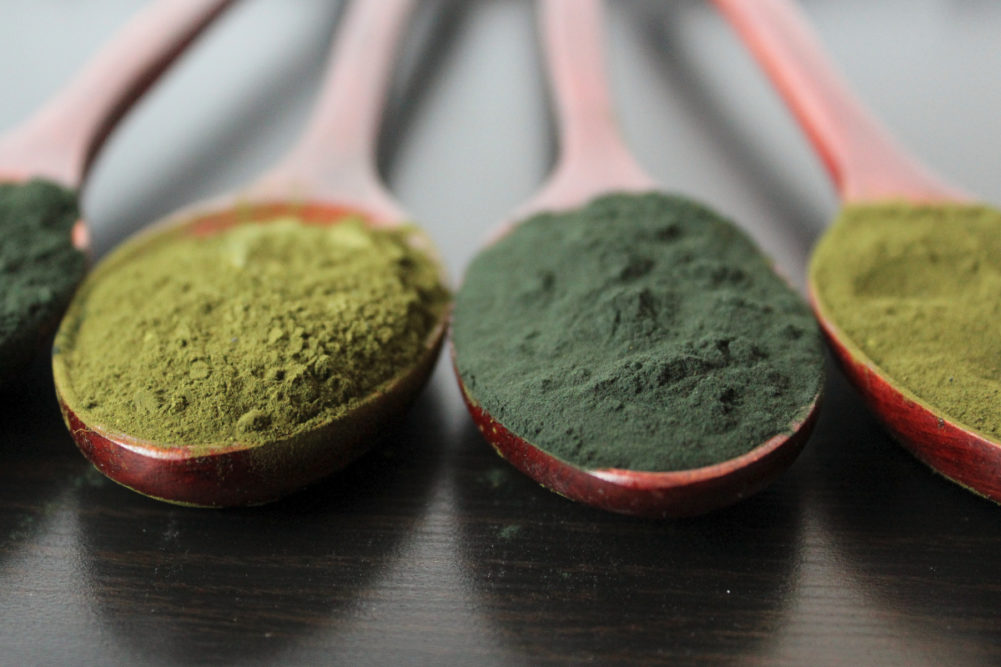BOCA RATON, FLA. — International Flavors & Fragrances should be more active in the plant protein category after agreeing to merge with DuPont’s Nutrition & Biosciences business.
“So alternative proteins, everybody is talking about it,” said Andreas Fibig, chairman and chief executive officer of I.F.F., on Feb. 18 at the Consumer Analyst Group of New York Conference in Boca Raton. “It's pea-based, soy-based. Everybody wants to have our plant-based proteins right now. What we can do is a combination.”
Before the DuPont deal was announced, I.F.F. could offer seasonings, flavors, taste modulation, naturally sourced colors and antioxidants.
“But now we have the plant-based protein ourselves, emulsifiers, the system blends, the binders and the texturants,” Mr. Fibig said. “So basically, we can do the whole thing.”
New York-based I.F.F. and DuPont, Wilmington, Del., in December 2019 reported they had entered into a definitive agreement for the merger of I.F.F. and DuPont’s Nutrition & Biosciences business in a Reverse Morris Trust transaction. DuPont shareholders will own 55.4% of the shares of the new company, and existing I.F.F. shareholders will own 44.6%. The combination of I.F.F. and DuPont Nutrition & Biosciences in 2019 had estimated pro-forma revenue of more than $11 billion and estimated EBITDA of $2.6 billion.
Combined the two companies will have 9,000 granted patents, and spending on research and development should reach $550 million, Mr. Fibig said.
The idea for integrated ingredient system solutions began a couple years ago, Mr. Fibig said. Smaller companies did not have much money to spend on research and development.
“Most times start-up companies ask us, ‘Hey, listen, we love your flavors, but can you not do the whole thing for us?’” he said.
Targeting smaller customers was one reason for another recent transaction. I.F.F. in 2018 acquired Frutarom, Tel Aviv, Israel, in a transaction valued at $7.1 billion. Before that acquisition, I.F.F.’s customer base consisted of 50% in global consumer products goods companies and 50% in smaller companies, Mr. Fibig said. Now, the percentages are 35% for global companies and 65% for smaller companies.
“And that gives us also exposure not just to the smaller companies but also to some of the private label business, which we believe is important,” he said.
The Frutarom acquisition gave I.F.F. more research and development centers and 300 more patents.
“And we started for the first time in the history of the company to provide more cross-selling opportunities and to bundle some of our products together in terms of solutions for the customers, a big step for us,” Mr. Fibig said. “We haven't done this before, but it’s a good fertile training for us, because that will help us with the N and B (Nutrition & Biosciences) acquisition as well when we go forward and have even a broader portfolio in place.”






